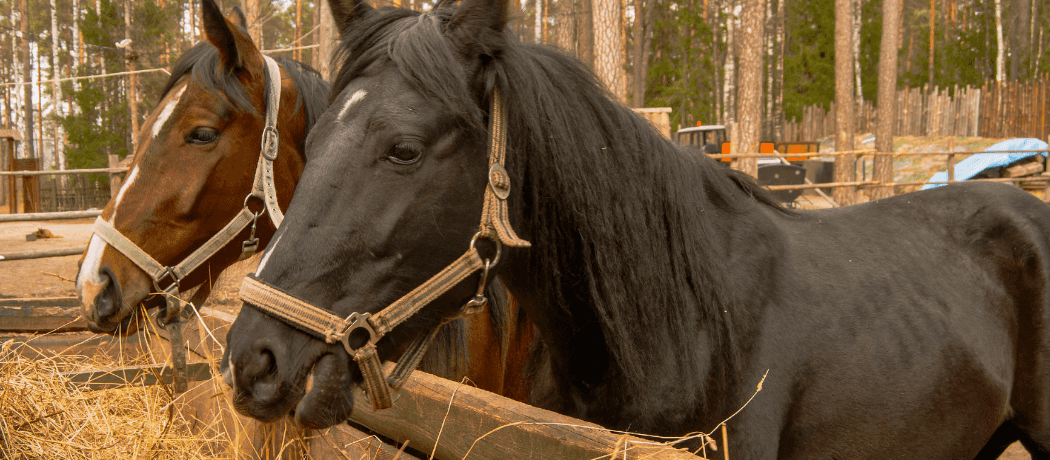
A Stable Gut: The Key to a Healthy Equine
February 12, 2024
Gastrointestinal (GI) issues are the number one cause of morbidity in horses other than old age. An unhealthy digestive system can cause poor performance, pain, discomfort, diarrhea, and a whole host of issues that can sideline a horse. Researchers are paying close attention to the ‘second brain’ – the equine GI system and its billions of inhabitants.
 Dr. Luis Arroyo in the Department of Clinical Studies at the Ontario Veterinary College (OVC) has been studying the equine GI systems for many years.
Dr. Luis Arroyo in the Department of Clinical Studies at the Ontario Veterinary College (OVC) has been studying the equine GI systems for many years.
His latest research is delving into DNA sequencing and using computer models to advance the diagnostic and monitoring of equine GI health.
“DNA sequencing has been a breakthrough in science in terms of understanding the communities of different microorganisms living in many different niches from the skin to the lungs to the upper airways to the intestine,” said Arroyo.
It has allowed in-depth study of the population of microorganisms, providing a big picture of the different inhabitants in various areas of the GI tract, such as the lumen of the small intestine and the small and large colon. “The microorganisms vary, and they have different functions in each compartment,” said Arroyo.
DNA sequencing has allowed researchers to study microbial populations and gather information on what happens to bacterial communities when impacted by diseases like colitis. “We can see who is down, and who is up,” explained Arroyo, “and determine what populations have been depleted.” It has led to a better knowledge of which of the billions of factors are harmful to the system and which can compromise the health of the horse.
Robo-gut is one example of a fantastic system where bacterial communities are being replicated in the lab to mimic what would be found in a natural environment.
Researchers at the University of Guelph have measured the metabolic profiles of the bacterial population after the addition of supplements like probiotics and prebiotics. They found they can dramatically change the metabolites that are being produced, according to what is being added to the system.
This new research could impact the future of diagnostics and includes screening for biomarkers as indicators of intestinal health among equine microbiota. Arroyo is currently working with research partner, Dr. Marcio Costa, from the University of Montreal, looking for biomarkers that indicate changes in the inhabitants of the equine gut that take place during the early onset of illness.
Several of Arroyo’s research projects are funded by Equine Guelph.
Read the full version of this article that originally appeared in Equine Guelph 2024 Research Annual Volume 21.
.png)